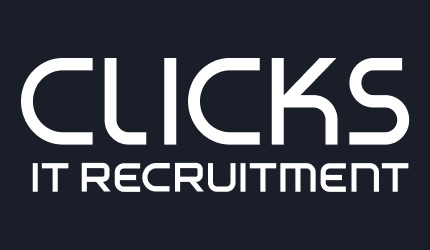Looking for work can be a full-time job in itself. Searching, applying, writing and tailoring resumes, cover letters, waiting and following up can be all-consuming. And, landing a suitable role does not always happen instantly. Hitting the wonderful crossover of when you’re looking and hiring managers are searching might require some patience.
In the meantime, roles you may not have been 100% suitable for, or that received a high number of applicants can result in rejections – even if you are qualified. After some time, this can knock your confidence about and you can become stuck in a ‘rejection-confidence’ loop. Your self-belief takes a hit with each rejection, which in turn, impacts your outlook, your presence in interviews and ultimately, your likelihood of success in job search activities and outcomes.
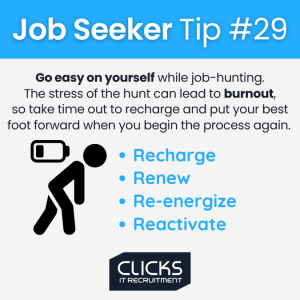
Why Confidence is Important
Self-confidence underpins so many aspects of the job search process, from believing in yourself to apply, to nailing each stage of the interview process. So, be prepared, and don’t let it wane along the way. Sometimes our feelings come from our thoughts and thoughts are simply the way we talk to ourselves, so make sure you’ve read the right script and tell yourself the right things.
Start with Confidence
Each journey starts with a single step. When it comes to the job search process, it begins with having the courage to throw your hat in the ring and apply for that role. While you may have all the skills and experience, you will stand out from other applicants by having being self-assured when building rapport and don’t hesitate when articulating your skills and suitability.
Speak with Confidence
Confidence is key to a successful interview.
It will also help while negotiating an appropriate salary. Belief in yourself helps with branding, self-promotion and communicating what you have to offer. This will come through when you write your resume, when networking, and at interviews.
Keep These in Your Confidence Toolbox
Spruce Up Your Resume
Here’s some simple life advice:
“Two things you always need to have current in life; your passport and your resume. Because you never know when you’re going to need either one in a hurry”.
Words to live by.
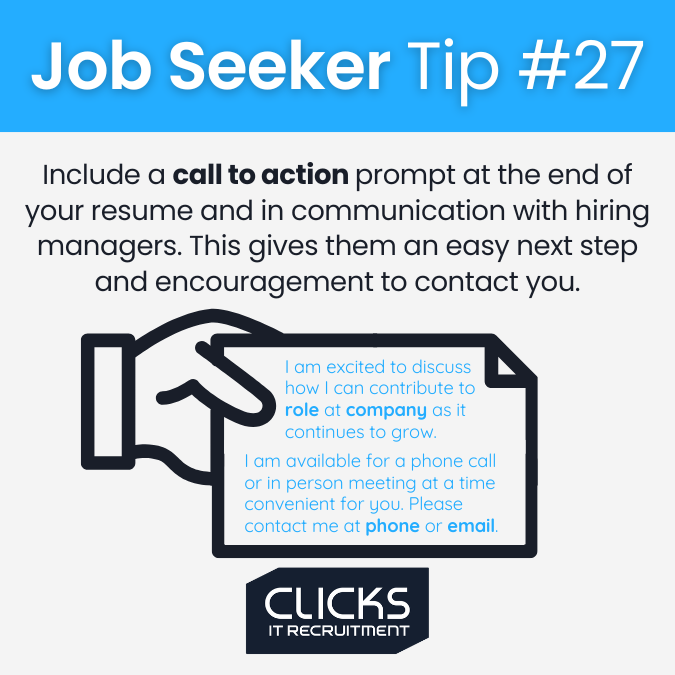
Don’t treat your resume as a once-off, set and forget document that you completed last time you needed to. Create a master resume that lists your strengths and achievements and add to it when you:
- Receive positive feedback
- Have completed a new project
- Realise additional strengths and achievements that can apply as transferrable skills to your profession
Whether you keep it in a master resume, journal, or spreadsheet, once you review the complete list of your strengths and achievements, immediately you will recognise how confident you should be in your abilities. This is also handy for tailoring each job application and preparing for interviews.
Refine Your Elevator Pitch
In many social situations (remember every interaction, everywhere is networking) you will get hit up with questions around what your profession is, or how your job search is tracking. This is where you perfect your elevator pitch. If you’re unsure of what an elevator pitch is, in essence it is a brief interaction where you take the opportunity to introduce who you are, land one key point and make a connection.
A strong elevator pitch is short (as in the time an elevator ride takes) and memorable. Remember the 3 Cs:
- Clear
- Concise
- Compelling
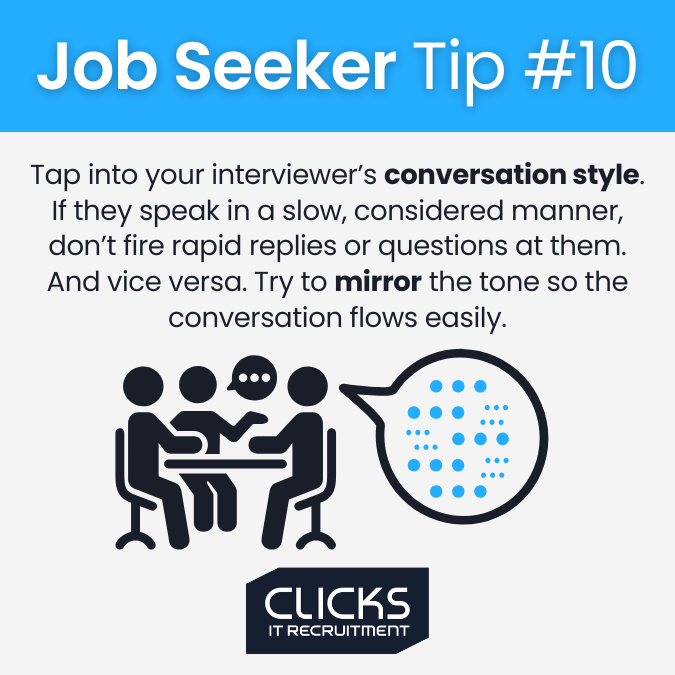
On top of what you say, think about how you say it. People instinctively want to help others when they can see they are upbeat positive. It is important to refrain from negative tone and language. This affects how people perceive you, and importantly, how you view yourself.
Your elevator pitch should sound conversational. The more you recite it, the more natural and confident you will sound (and feel). Consider how you can clearly communicate a key point that may include:
- What you are looking for
- Why you finished up in your last role or why you’re looking to leave your current job
- What you are doing now or a snapshot of your experience
Share Your Achievements
Sharing your career achievement stories is like a coach’s pre-game pep talk. It clarifies your goals and strengths and puts you in the right mindset. For example:
- “I saw a role for a Project Manager position with company X. I think I’d be really good for it as I’d be able to offer…”
- “When I was at Y company, I delivered…”
- “Feedback from my team and manager was …”.
If the opportunity to share these stories does not arise, don’t fret. Recounting the story to yourself will add a little more clarity and weight to your positive self-talk, which will result in a big up for your confidence.
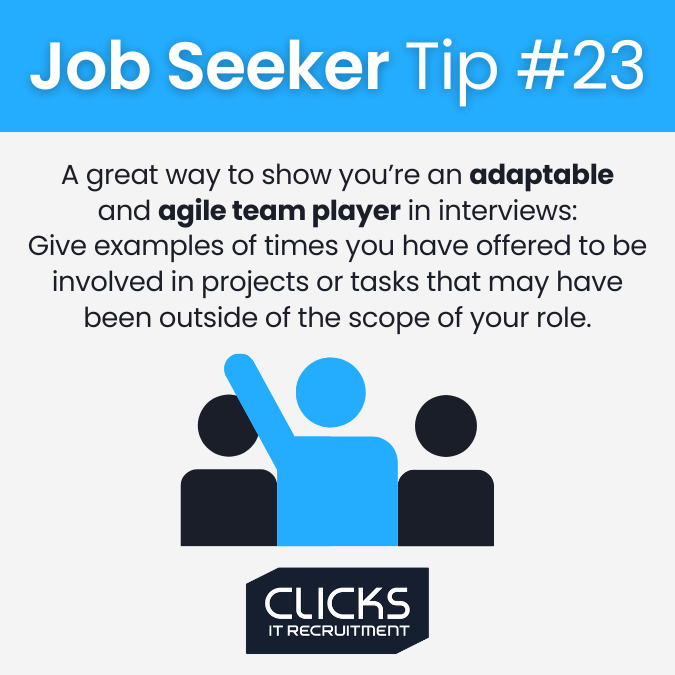
Reach Out to Your Referees
Contact your referees upfront. This will, firstly, ready them the possibility of being contacted to speak of all of your virtues, an secondly give them a heads up that you are in the market for a new role. They may be able to refer you to their network and widen the scope of opportunities. Being referred via a trusted colleague often shifts the focus of your job search to a more positive and personal experience (especially if you are not hearing back from any of your online job applications).
For an added confidence lift, ask your referee to share how they would highlight your strengths to prospective employers. Hearing their positive feedback is not only a great way to reframe your achievements in your own mind, but their perspective may give you additional material to add to your master resume and career stories.
Finally, confidence is like a muscle; you need to actively exercise it to keep it fit and in form.
While these are great tools to boost your self-belief and keep you positive during your job search, they will also help you prepare you for the next stages in the recruitment process, increasing your chances of securing a great role, in turn, gifting you an extra confidence kick.
If you are on the market for your next IT opportunity, you may find what you’re looking for on the Clicks job board. You can also register with Clicks via the Job Seekers page.


